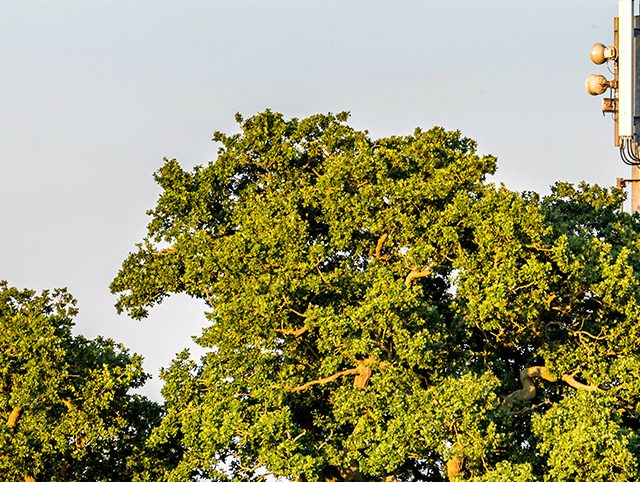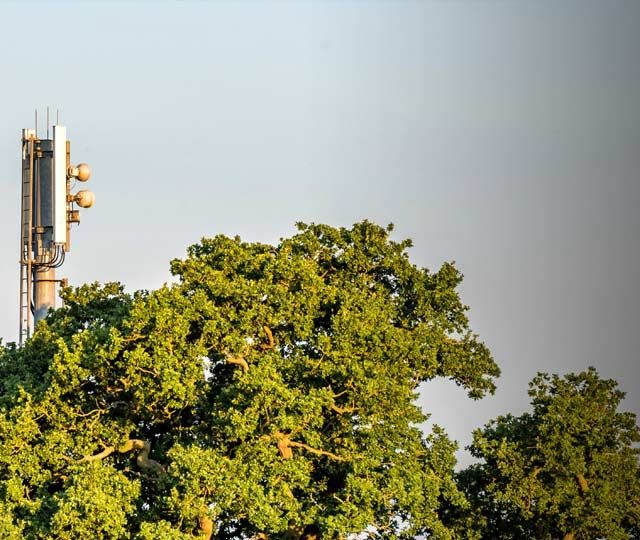Report reinforces importance of connectivity in rural areas
Improved digital connectivity in rural areas would drive productivity growth, deliver safety benefits, and improve the quality of people’s lives, according to a recent government report on the Benefits of Mobile Rural Coverage.
The report, based on a survey of more than 1,000 rural residents, found that many have a level of frustration and anger at feeling excluded from activities and services that are commonplace for urban residents because of poor connectivity.
Many respondents noted that improved mobile coverage can be important for social interactions and connectedness, which in turn positively contributes to people’s mental health.
There was also concern about the safety aspects of not being able to make calls when out alone because the signal is not good enough.
On the business side of things, complaints included the time wasted through disrupted phone calls – undermining productivity – and barriers in adopting new technologies.
Levelling up digital connectivity
As we head towards the end of one of the most tumultuous and eventful years in recent political memory, one can be forgiven for overlooking one of the more positive and hopeful pledges of the current Government’s manifesto, that of ‘levelling up’.
Part of the agenda is ensuring that all areas of the country are afforded the same opportunities to grow and succeed in a commercial environment ever more dependent on digital connectivity.
Investment in the country’s digital infrastructure was on the agenda before this, with the revised Electronic Communications Code coming into effect at the end of 2017. This granted operators increased powers to install communications apparatus anywhere they could demonstrate a demand for digital coverage.
In March 2020, a grant agreement was also signed between the Government and the four mobile network operators O2, Vodafone, EE and Three to commit to a Shared Rural Network program to deliver mobile and broadband coverage to 95% of the UK by improving coverage in the areas that need it most.
However, it is clear from the Benefits of Mobile Rural Coverage report that many rural areas remain disadvantaged when it comes to connectivity.
This is disappointing as the benefits for better mobile coverage in rural areas are numerous. It is well documented that many people in remote areas often feel isolated from the wider world. Improving the digital infrastructure network in such areas could provide better access to friends and family via video calls, health and support services and providers of goods and services which may not be readily available in local communities.
Rural businesses have also benefitted from this programme as transactions can now be made anywhere with a stable network connection and local goods can be sold on the global market via a simple Google search. The recent pandemic led to a marked increase in office workers working from home, which increased demand for a reliable digital service from providers in rural areas.
Hidden details in improving rural connectivity
Of course, wherever sunlit uplands are painted, there are always hidden details beneath the surface. To justify the enactment of the Electronic Communications Code, landowners were unfairly characterised as greedy and un-cooperative blockers to rural connectivity, holding mobile network operators to ransom and preventing the national rollout of essential development.
The Code disposed with the time-honoured model of agreeing site rentals at open market values, and replaced this with a new system, which offered to merely compensate landowners for any monetary losses endured by the accommodation of telecommunications apparatus upon their land.
This was a contradictory move, as excessive rental demands were rarely the cause of sites not being built. As free-market economics dictates, urban property values are higher than rural areas owing to supply and demand. Therefore, if rural sites are valued lower than their urban counterparts, lower rentals cannot be held to be blockers to connectivity. As media coverage will attest, the biggest blockers to network deployment tended to be rejected planning applications, perceived health risks, and the increased construction costs of building new sites in remote locations.
As shown, there are clear benefits to increased rural coverage, however we would strongly recommend landowners to seek professional advice before agreeing to enter into Code Agreements with operators. Experienced surveyors can negotiate more favourable agreements than standard form documents provided by operators, with fees also covered by the operators themselves in many instances.
Please feel free to reach out to a member of the S&P Telecoms team for further advice.






